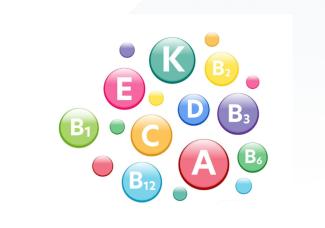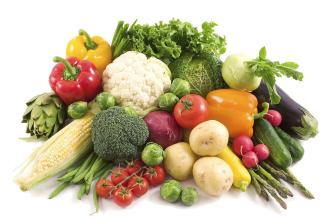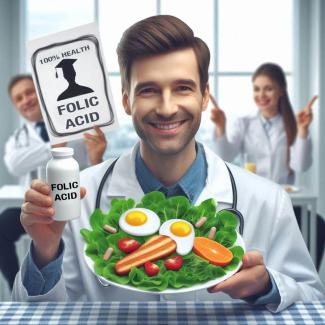
Vitamin B is actually a group of several different B vitamins, each with its own unique functions and sources. Here are some foods that are rich in various B vitamins:
- Vitamin B1 (Thiamine):
- Pork
- Sunflower seeds
- Whole grains (brown rice, barley, oats)
- Legumes (beans, lentils)
- Nuts (especially macadamia nuts)
- Vitamin B2 (Riboflavin):
- Dairy products (milk, yogurt, cheese)
- Lean meats (beef, chicken, turkey)
- Eggs
- Leafy green vegetables (spinach, broccoli)
- Nuts and seeds
- Vitamin B3 (Niacin):
- Poultry (chicken, turkey)
- Red meat (beef, lamb)
- Fish (tuna, salmon)
- Peanuts
- Whole grains (brown rice, wheat)
- Vitamin B5 (Pantothenic Acid):
- Meat (beef, poultry, organ meats)
- Avocado
- Whole grains
- Legumes (beans, lentils)
- Mushrooms
- Vitamin B6 (Pyridoxine):
- Poultry (chicken, turkey)
- Fish (tuna, salmon)
- Bananas
- Potatoes
- Spinach
- Vitamin B7 (Biotin):
- Eggs
- Nuts (especially peanuts)
- Seeds (sunflower seeds)
- Sweet potatoes
- Organ meats
- Vitamin B9 (Folate):
- Leafy green vegetables (spinach, kale)
- Legumes (lentils, chickpeas)
- Fortified cereals and grains
- Citrus fruits (oranges, lemons)
- Avocado
- Vitamin B12 (Cobalamin):
- Animal products (meat, fish, poultry, dairy)
- Eggs
- Fortified foods (some cereals and plant-based milk alternatives)
These foods provide various B vitamins, and it's important to include a variety of them in your diet to ensure you get a balanced intake of all B vitamins. If you follow a vegetarian or vegan diet, pay special attention to vitamin B12, as it is primarily found in animal-derived foods. In such cases, fortified foods or supplements may be necessary to meet your B12 requirements.






